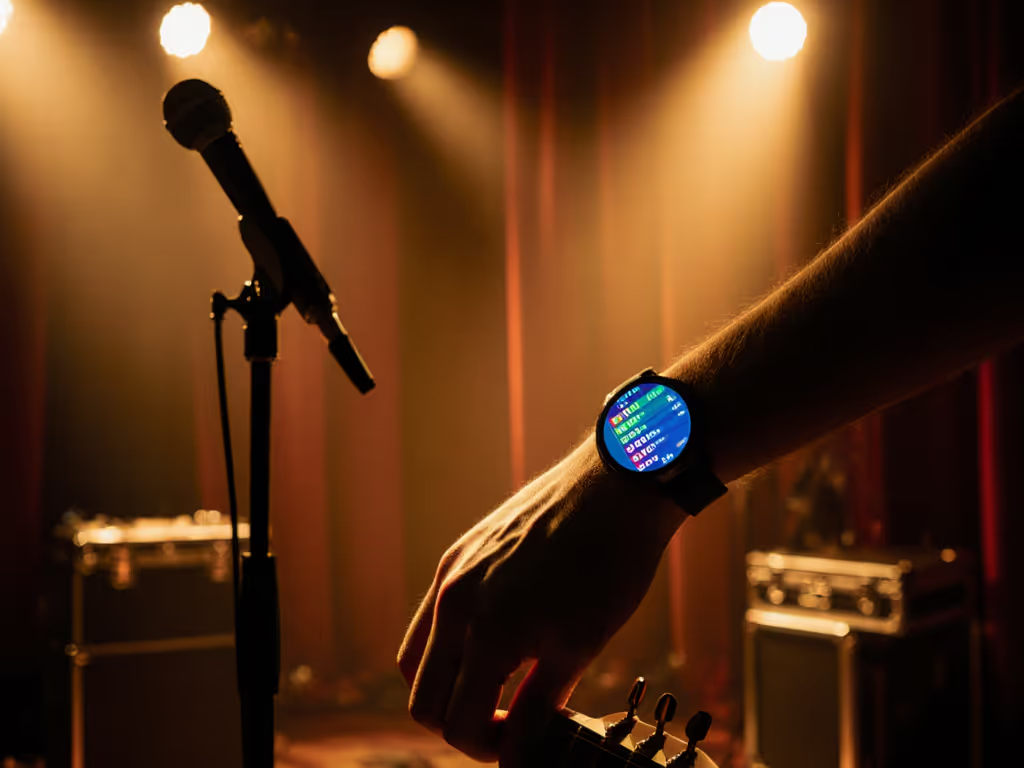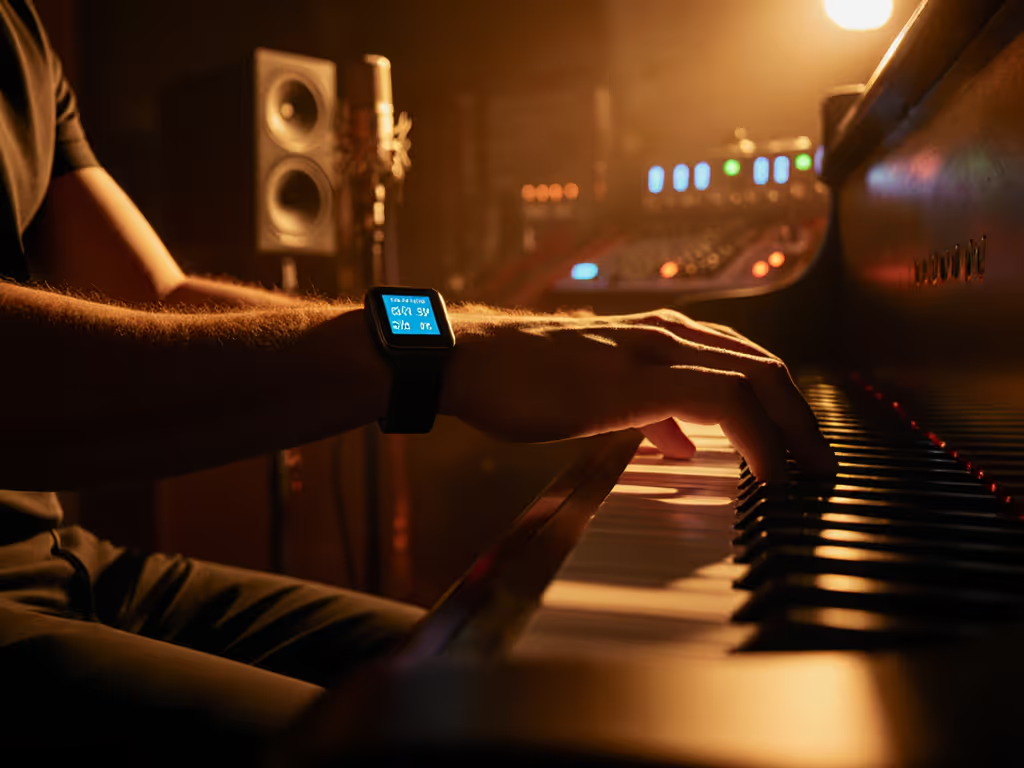
Ring Fitness Trackers: AFib Detection Reality Check

As ring fitness trackers surge in popularity, they're increasingly marketed as reliable wearable health monitoring device options for atrial fibrillation (AFib) detection. But what does the evidence actually say about their accuracy? More importantly, what happens to your health data when you can't export it or the company changes its policy? I've been mapping these devices' data pathways since my own wake-up call with a "free" app that locked two years of sleep data behind a subscription wall. Let's cut through the marketing claims with real-world analysis. For sensor-level limitations and why finger-based PPG differs from wrist devices, see our smart ring heart rate accuracy explainer.
FAQ Deep Dive: The Truth About AFib Detection in Ring Devices
How accurate are ring fitness trackers for AFib detection compared to clinical standards?
Study data reveals significant variability. A multicenter UK study found the CART Ring demonstrated 84.6% sensitivity and 89.9% specificity for automated AFib detection, better than Apple Watch's 69.1% sensitivity and 72.6% specificity. However, these figures represent a "worst-case" analysis where unclassified readings were treated as failures. The Apple Watch generated unclassified ECGs in 20.1% of recordings compared to just 1.9% for the CART Ring.
Physician interpretation boosts both devices: Apple Watch reached 95.4% sensitivity and 89.6% specificity, while CART Ring showed 94.3% sensitivity and 88.9% specificity. But crucially, both struggled with non-AFib arrhythmias like atrial flutter.
These numbers matter for your lifetime health decisions. A seemingly small 5-10% difference in accuracy becomes significant when monitoring chronic conditions, especially when algorithm updates can change these metrics overnight without notification.
Do ring trackers actually prevent AFib-related complications?
Here's what most marketing materials won't disclose: no wearable device should serve as a definitive diagnostic tool. The same multicenter study that showed superior ring performance still cautioned against using these devices as standalone diagnostic solutions.
A meta-analysis of 15 studies confirms ECG chest patches and PPG smartwatches show high diagnostic performance (96-97% sensitivity/specificity), but significant heterogeneity exists across studies due to variations in patient demographics, reference standards, and methodologies. This means your individual results may vary substantially based on your physiology, skin tone, or even tattoo placement (factors often excluded from "accuracy" claims).
The real risk isn't occasional false negatives, it's the false confidence that comes from trusting consumer devices for medical-grade diagnosis. When I mapped these devices' export formats after my data loss incident, I found many don't even preserve the raw signal data needed for proper clinical review.
What happens to my heart health metrics when I want to switch devices or cancel my subscription?
This is where most ring fitness trackers fail their most important test. Many lock your longitudinal data behind recurring subscriptions or provide exports in unusable formats. Some only offer summary data without the underlying measurements that make healthcare actionable.
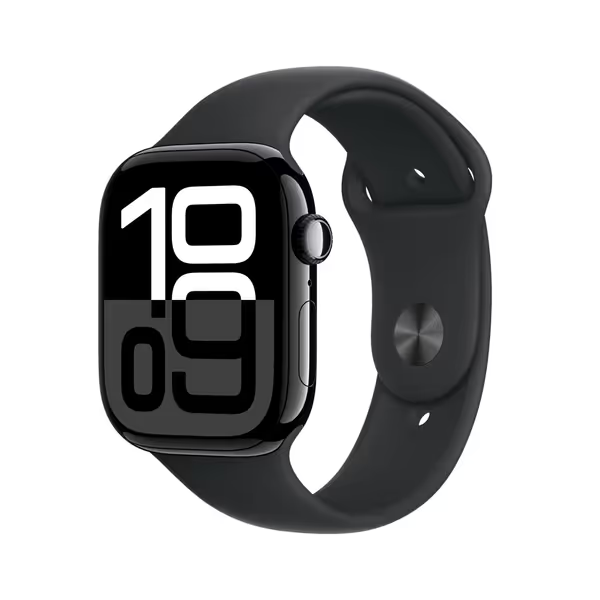
Apple Watch Series 10 GPS 46mm
Consider this ledger-style breakdown of data exit scenarios:
- Export completeness: Does the device provide complete raw ECG traces or just "AFib detected" flags?
- Format usability: Can you open the exported data in standard medical software or does it require proprietary tools?
- Timeframe coverage: Does the export include historical data from before your subscription started?
- Deletion rights: Can you fully erase your data from company servers after export?
Without these four elements, you don't own your health story, and you're merely renting access to it. Renting data is still paying, whether in dollars or decision-making autonomy. To avoid surprise subscriptions and locked exports, see our picks for budget ring fitness trackers without hidden fees.
Beyond AFib: What other heart health metrics can I actually trust?
The marketing around "comprehensive heart health" often overpromises. While some rings claim blood pressure estimation capabilities, most lack the clinical validation required for medical use. OMRON's blood pressure monitors with AFib screening technology report 95% sensitivity and 98% specificity, but these are dedicated medical devices, not multipurpose fitness trackers. If you're evaluating blood oxygen claims, start with our clinical SpO2 accuracy tests for ring trackers.
Current evidence shows ring-based optical sensors struggle with:
- Consistent accuracy across skin tones (a documented industry-wide issue)
- Measurements during movement or vascular changes
- Detecting non-AFib arrhythmias like atrial flutter
- Long-term blood pressure trending without periodic calibration
When evaluating claims, demand plain-language privacy decoding: What exactly is being measured? How was it validated? Under what conditions does accuracy degrade? If the answer involves "machine learning" without clear validation parameters, proceed with extreme skepticism.
What's the true lifetime cost of a ring fitness tracker beyond the purchase price?
Let's calculate the real math most reviewers ignore:
- Hardware longevity: Most rings have non-replaceable batteries (2-3 year lifespan)
- Subscription creep: Premium features often $30-$100 annually after first year
- Data abandonment risk: If the company fails, your historical data likely disappears
- Interoperability costs: Time spent manually transferring data between incompatible systems
Compare this to a simple blood pressure monitor with built-in AFib screening: one-time purchase, no subscriptions, data always accessible. For a device-by-device breakdown of premium tracker lifetime value, including subscriptions and battery replacements, read our comparative analysis. Even at similar upfront cost, the total cost of ownership becomes dramatically different over 5 years.
Your Action Plan: Before You Commit to Any Ring Tracker
- Run the exit-plan checklist before purchasing:
- "Can I export all my raw data in standard formats (CSV, XML, EDF)?"
- "What's the minimum data retention period if I cancel my account?"
- "Are there documented APIs for third-party health platform integration?"
- Verify validation claims by checking:
"Sensitivity and specificity figures should reference specific clinical studies, not vague 'clinically validated' claims. Check if testing included diverse skin tones and arrhythmia types."
- Calculate five-year ownership cost including:
- Hardware replacement cycles
- Subscription services
- Time spent managing data exports
- Potential healthcare costs from false positives/negatives
- Demand transparent data policies: if they can't explain their AFib algorithm in plain language, they likely can't stand behind it.
Own your data, or someone else owns your decisions. The most valuable feature of any health tracker isn't its detection accuracy today, it's your ability to take that data elsewhere tomorrow. Before you strap on that shiny new ring, ensure it comes with an escape hatch built into its business model. Because when your health data disappears, it's not just numbers you've lost: it's your medical history, your baseline, and your ability to make informed decisions about your future care.
Related Articles

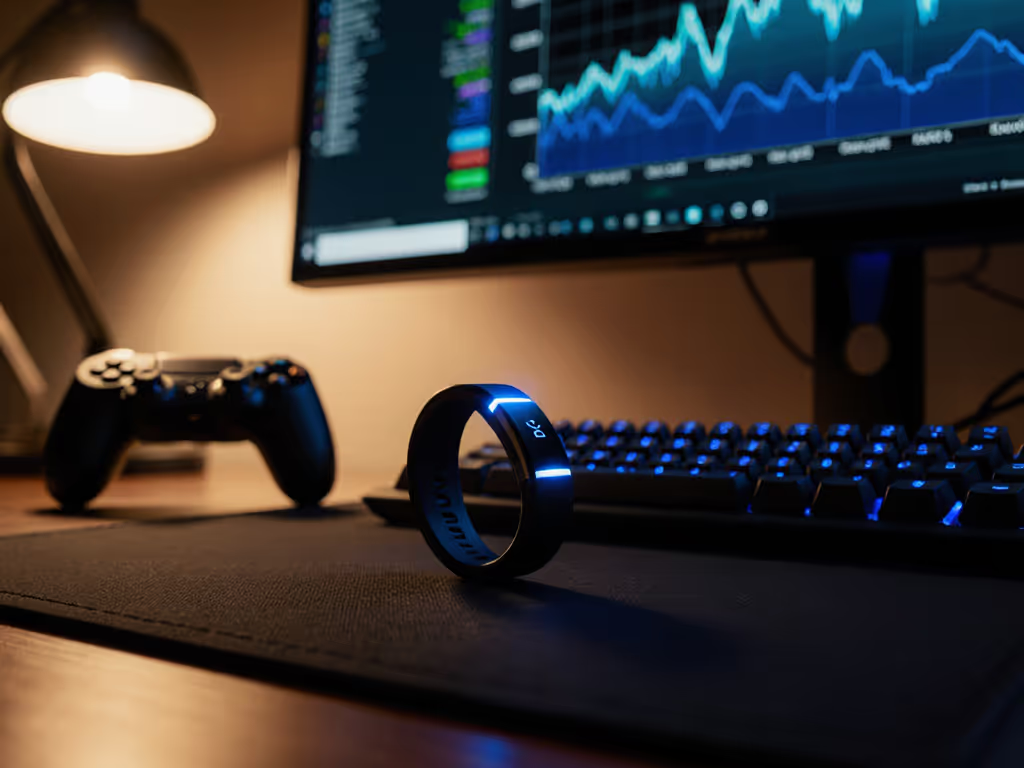
Continuous Gaming Focus: Ring Fitness Tracker
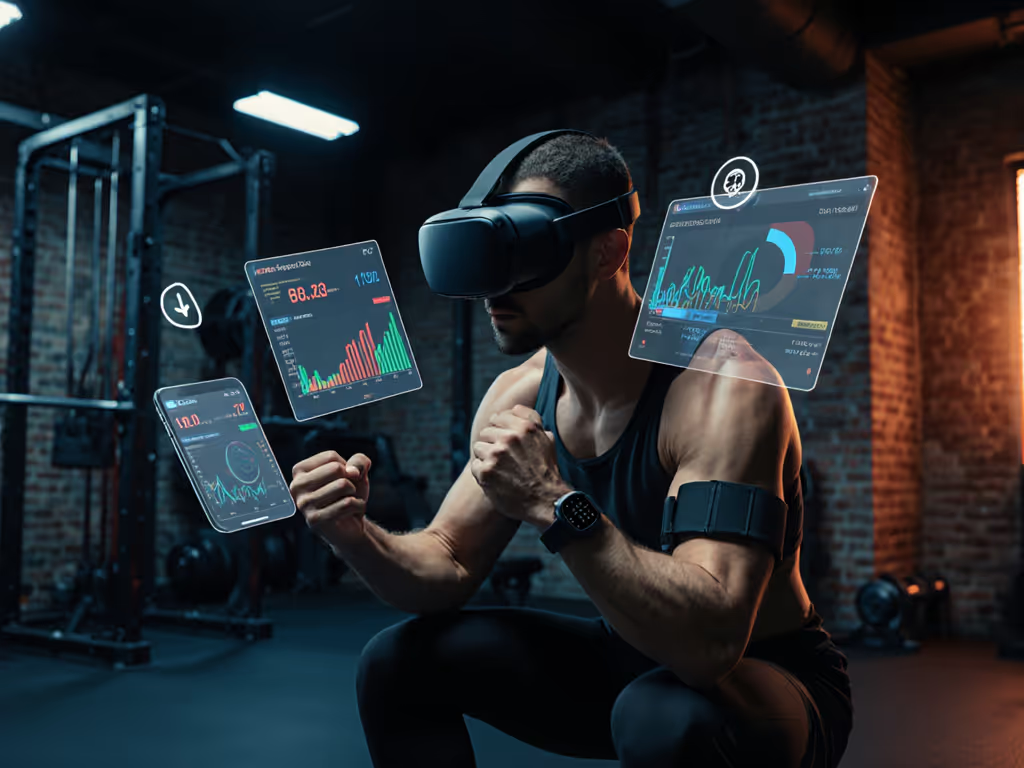
VR Fitness Tracking: Fix Cross-Platform Data Gaps Now
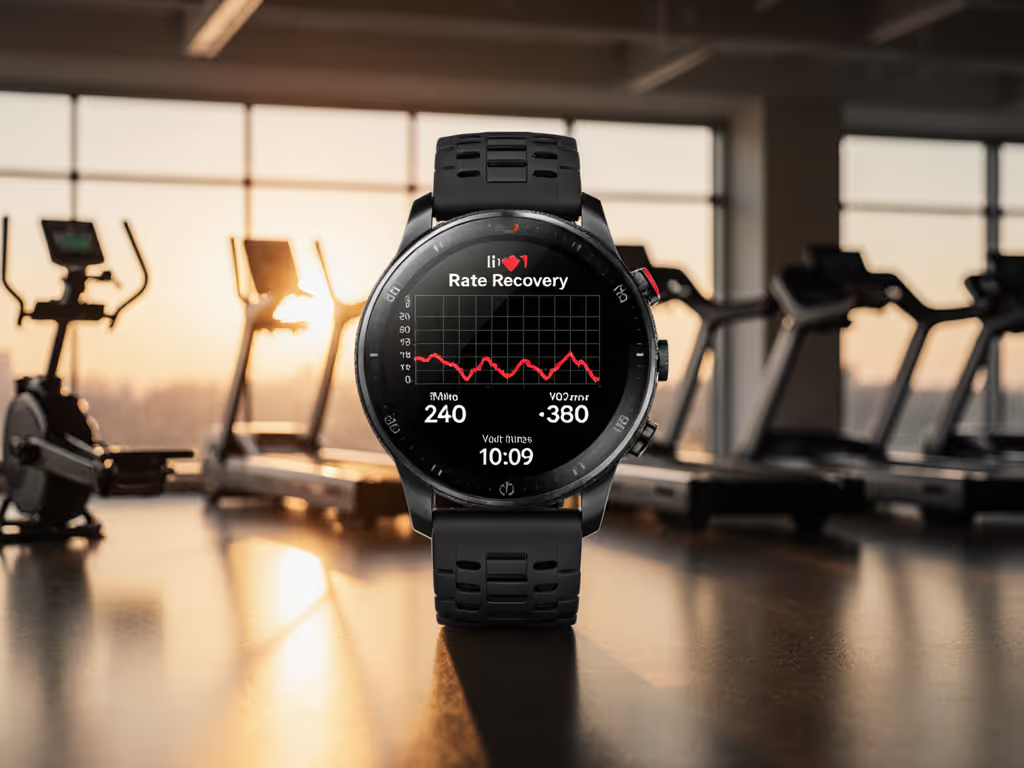
HIIT Recovery Rate Tracking: Precision Workout Metrics Guide
